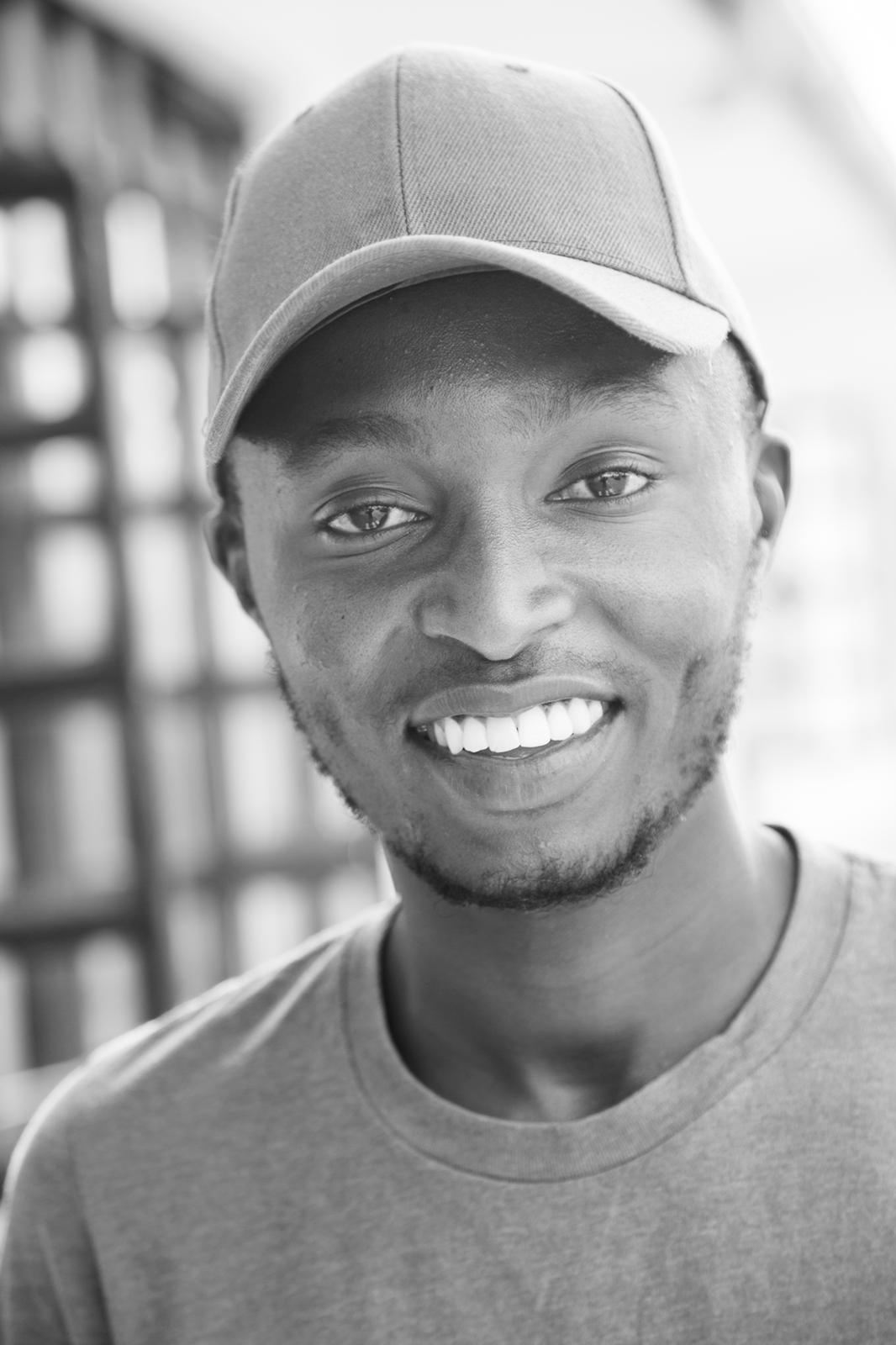The Global Health Delivery Project
Our mission is to improve the health of people everywhere by supporting clinicians at the frontlines to make better decisions and deliver value-based health care using proven approaches and evidence.
Brigham and Women’s Hospital
Division of Global Health Equity
75 Francis Street
Boston, MA 02115
Building Systems Informed by Context: An Interview with Kelvin Maina

Kelvin is Chief of Staff at The Leo Project, a community-based organization in Nanyuki, Kenya
What do you do?
I support the education and healthcare programs at the Leo Project, working closely with team leads to strengthen our delivery models, align programs with our vision, and ensure we’re learning and adapting. I also work to improve coordination, troubleshoot operational challenges, and introduce better ways to measure and communicate our impact.
Why did you apply to GHDI?
I was recommended to GHDI by our founder and GHDI alumni, Jess Danforth. I grew up in Laikipia County, where wide gaps in healthcare, education, and infrastructure are daily realities. GHDI offered a chance to learn how to build better systems. I wanted to move from relying on intuition to being guided by research, to sharpen my thinking, to learn from peers across the world, and to bring back ideas and tools to transform my work.
What work have you been most proud of in your career, and what is something that you still wish to accomplish?
I’m proud of how we’ve made The Leo Project feel like a trusted space for the community. That trust is hard to build and very easy to lose. I still hope to create a stronger bridge between local knowledge and global information. My dream is that the systems we’ve built can become the blueprints for other communities like ours across the continent.
What would you say to someone just starting out in healthcare in your country?
Start by understanding the system – the structures, politics, and invisible barriers that shape who gets care and who doesn’t. In Kenya, you’ll meet talented people doing their best inside broken systems. That can feel overwhelming, but these gaps are where the work is. Be curious. Ask why things are done in a certain way. Question inefficiencies. Talk to people on the ground. Finally, protect your hope and find opportunities to build better systems, advocate for change, and serve in ways that matter.
What impact do you think GHDI will have on your career? What is your advice to someone thinking about applying to the program?
GHDI gave me the language and frameworks to name the challenges I’d seen for years and the tools to approach them more strategically. The course is intense, but it will expand how you see the work and connect you to a global community that’s also asking hard, necessary questions.
What continues to fuel your inspiration and drive your work?
At The Leo Project, we’re not just delivering services, we’re removing unnecessary barriers and building trust. When someone walks into our clinic for a check-up, before they’re sick, that’s a milestone. It tells me the community sees us as more than a last resort and the system we’re building is working.